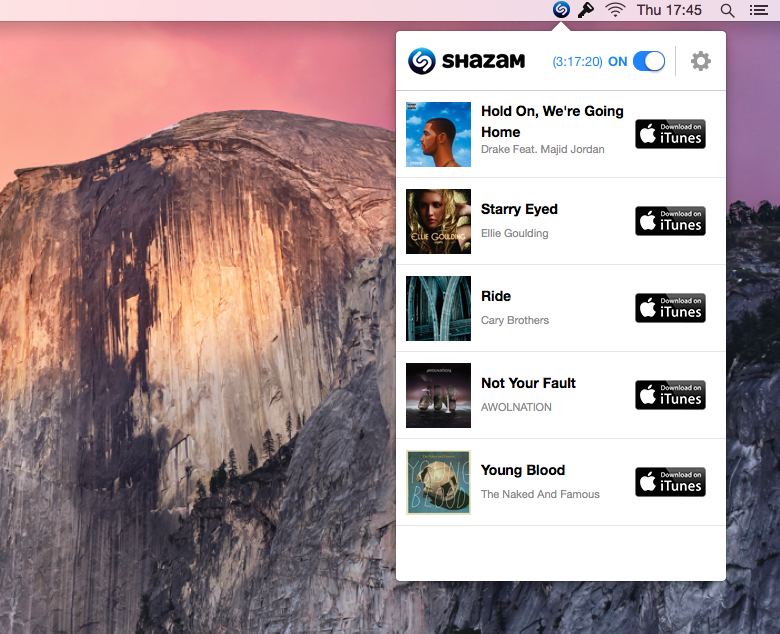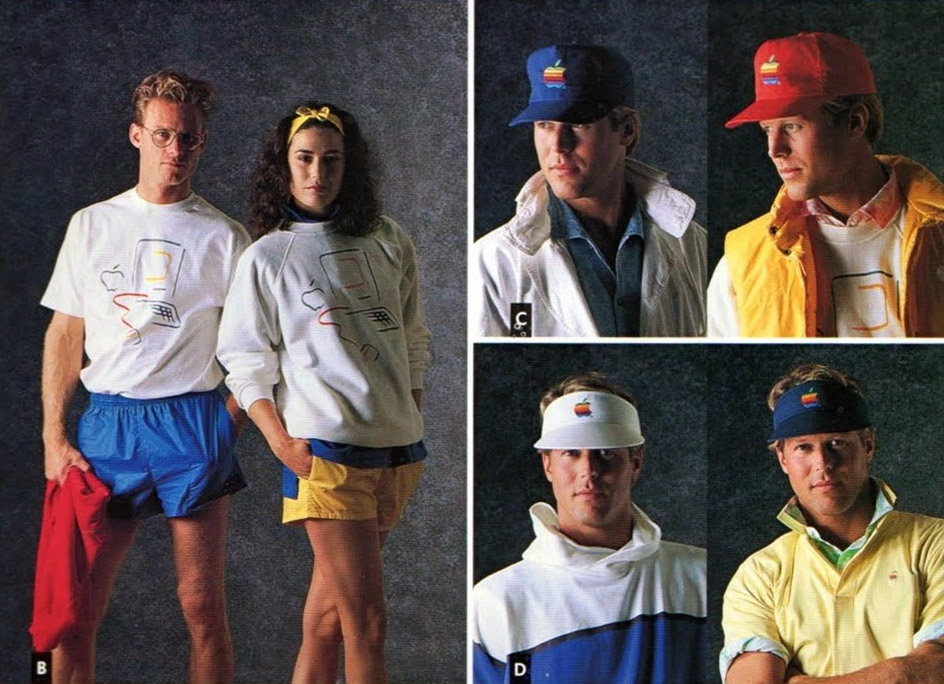This summer, I’m interning at Spotify in New York City, where I’m working on content-based music recommendation using convolutional neural networks. In this post, I’ll explain my approach and show some preliminary results.
A fascinating post by Sander Dieleman explaining how he designed a deep neural network to provide music recommendations based on Spotify data. It’s a technical read, but there are Spotify player widgets to listen to songs picked up by the network, which is capable of learning specific pitches, chords, sounds, and other factors such as Chinese voices. Dieleman says that hopefully some of these audio-based recommendations will go into A/B testing soon, with a focus on recommending new music that isn’t generally picked up by traditional recommendation engines. Impressive.





